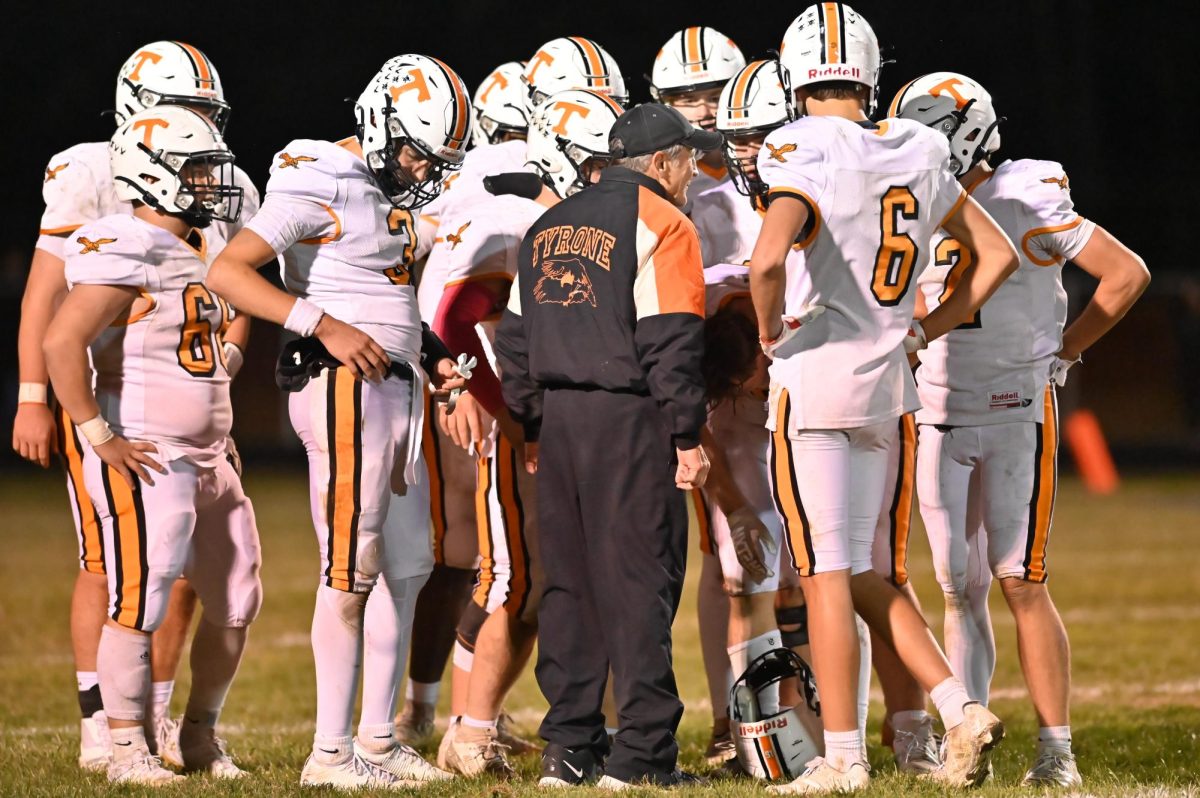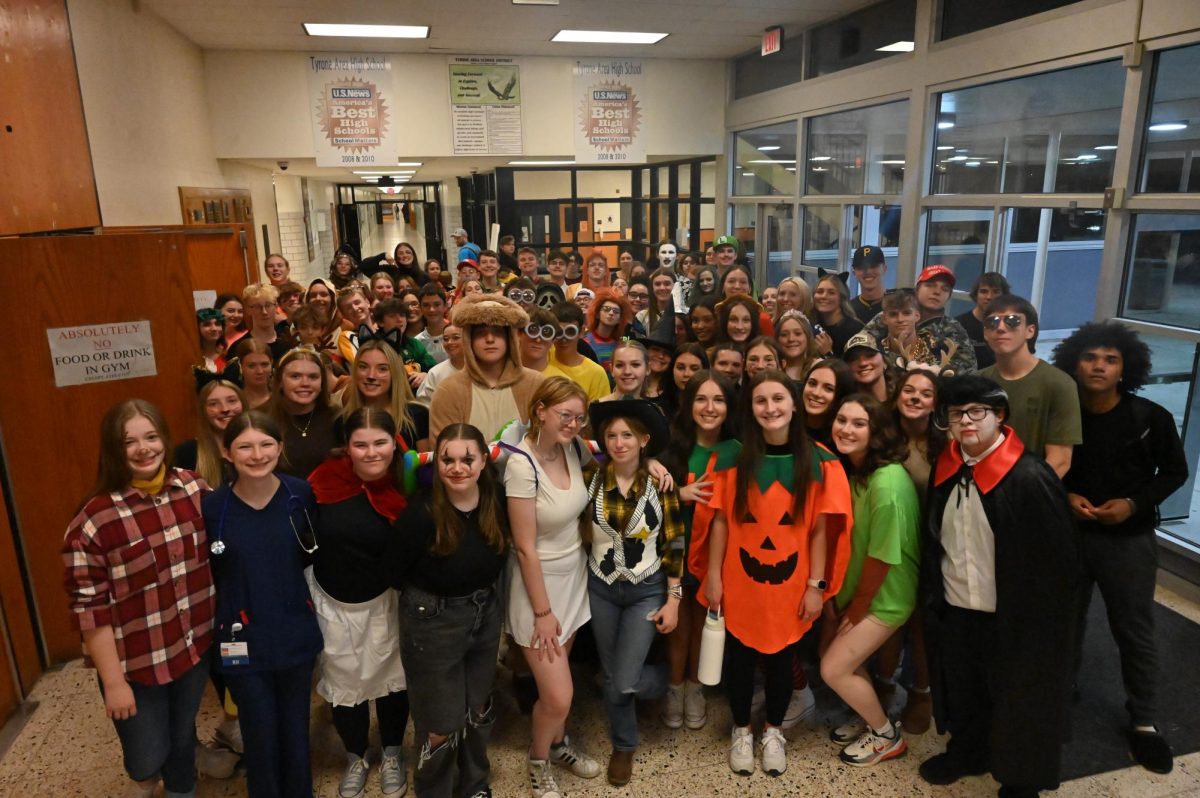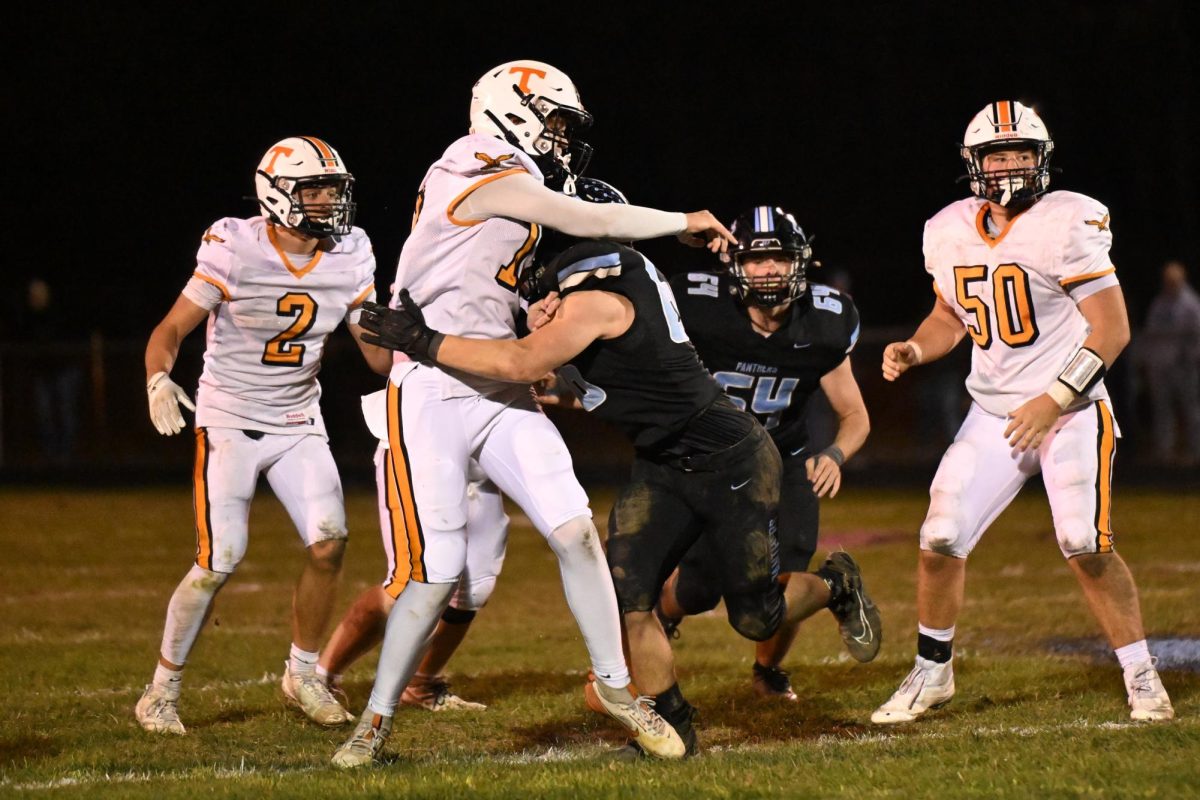2,538,000 Light-years Away
May 4, 2015
The white paint curls away from the wall. I pick at it, peel it like dead skin, revealing the cinderblock that hides beneath. The blocks are cool against the shoulder-blades through the white jumpsuit. White ceiling, white ceramic floor, white locked door, hardly relieved by the yellow light that flickers above, dotted with buzzing flies. The word Jesus is carved into the porthole window in the door, warping the iridescent light. The plea of a previous denizen of cellblock 74? How desperate. There is no god.
Like clockwork, the guard brings the tray then leaves. I study the slop for a moment. No utensils. I kick the tray. Daily routine. The techni-color splatter shuts these white walls up, but, inevitably, through the silence emerges Andromeda. I beat my head against the wall as her voice slips in, the same time as yesterday, as every day before. I beat it harder and harder still, to the forsaken rhythm of my heart. I start to slip, suspended, drifting out of this white clock I’m sewn into.
They called her Andi. Her last name was Summers. I met her that summer, but aside from that, don’t go looking for meaningless metaphors. She was an awkwardly beautiful girl, sculpted for love, with a sugary accent that had me by the neck. Her dirty blonde hair swirled like hair does in old movies. We floated on her porch swing on humid July days, her freckled face falling into a symphony of laughter as I pushed her higher and higher towards her twin, the Sun. Before long, late summer struck and we spent summer night-falls intertwined, with her green eyes burning August away. Before I knew it, summer slammed shut and we returned to class.
Beginning of the end.
Was I depressed?
Let’s just say that nothing spoke to me anymore, that fewer things made me happy, while the list of things that irked me grew. I spent most of my time with her at first. But she, like the rest, started to fade. She answered texts less. She was swallowed by the crowd, bobbing from class to class, rising above the atmosphere of shrinking nobodies. Everyday visits trickled to Saturday or Thursday. She merged with girls who couldn’t be caught dead without lip gloss. I felt like a wallflower, a teenage insomniac—I don’t put much stock in self-analysis. But late night thoughts kept comfort at bay, too tired and wired to sleep. Was she pushing me away? The relationship was casually unofficial. I never considered her my girl, nor was she a friend-with-benefits. Just love, the only way I knew it, by the only rules I knew. She floated above rules.
One day she slinked alongside me on my way to calc. She slapped my arm and giggled a “hey!” That Vegas-bright smile.
“You should come over tonight. I’m missing you,” she whispered, promiscuously. No guy could say no to that. I breathed in to answer her but before any words came out she was gone.
That night I showed up at her house nervously. I tossed a pebble up, pinging it off the gutter above her window. She slid the window open and I scaled the squeaky lattice with a silent prayer that it would stay intact with each foot-hold. My sweaty palms fought for leverage until I was able to swing a leg onto her windowsill and slide through comfortably. I grabbed her wrist and collapsed onto her bed in relief. I tore her down with me, eliciting the laugh I missed so much. I kissed her like never before. The silence came, and eventually we ebbed into the covers like the waves of a sleepy ocean. For a while we just stared at the ceiling. Her hand found mine in the folds of the down comforter. We watched the stars pose outside of a picture window where the constellations dripped loosely on the pines.
“That one. Right there. That’s you,” I whispered, pointing to a close star shining steady against the flat blackness of the sky.
“It might be,” she laughed. “My mother named me after a nine-billion-year-old galaxy. 2,538,000 light-years.”
I stared at the star, wondering if coincidentally it might be her far-off galaxy, or if you could even see it from earth at all. She scooted closer, flouting the intent of a king-sized bed, and I held her small waist as she pointed at another star halfway across the sky whose glimmer wasn’t as impressive.
“There’s you,” she laughed.
I knew what she meant immediately. She sucked her breath in as if trying to swallow the words back into her lungs. I watched the dull star flickering in its dim light, seizing for attention, and I thought of myself in school, gasping on the air of anxiety about me while Andromeda thrived. I faded, she grew, and we separated. Neither of us were at fault, but as much as I loved her, I hated her for rising, for being perfect yet still gravitating to this lesser orbit. Wouldn’t it make more sense in the cosmic scheme to leave me behind? Some things just weren’t meant to be. I thought of the nameless faces in the hall, all muddling by me with rejection. Glares of unsupported disdain haunted those halls, haunted me, and turned me into the ghost I had become. I felt worthless in a corridor where no one spoke, where a passing gesture like an empty yawn signaled hostility. I thought of just dropping my books right there in the hallway, crouching in a sea of feet, surrendering my papers and fingers to their determined strides. When someone breaks a bone, they come forward to sign the cast. But when a soul is broken, they walk the other way. My star fizzled out, and I did too. A million words floated in the air around us in that bed. A million apologies unspoken fell carelessly like pellucid feathers. Out of all of these, I had none for her, so I grabbed my shirt and left through the window without speaking. I ran home faster than my feet could carry me. I ran farther and farther from her.
I did it without thinking.
I walked in with a bulletproof heart. That’s all I needed. It’s what they needed. The frigid metal in my pocket sunk deeper as my pulse quickened. I floated from class to class like a specter, not absorbing any of the material, only the residue of isolation. I waited until 6th period, when I couldn’t tolerate their disapproving glares any longer. I pulled it out of my pocket in Civics and delivered to Tyler Oak, a meathead who provided one-too-many shoulder checks in the hallway, a bell-ringer he’d never forget. When I pulled the trigger the first time I heard nothing. The deafening bang I was hoping to hear eluded me. My ears rang and he fell in slow motion. They crumpled to the ground all over the classroom, their jaws open in screams that I should have heard. The unexpected silence permeated my bones. The teacher coalesced with a pile of dead students, but his back, convulsing with sobs, gave him away. How could a leader be such a coward? I took care of him.
Now he fit in with them, I thought, as his muscles relaxed.
I stepped into the hallway, whistling some unheard tune I cannot recall. I slid into classroom after classroom, calmly and quietly weeding out those who had hurt me, which meant all of them. In the library, motionless forms crouched under tables like contorted mannequins. Books were strewn on the floor, trembling bodies replacing titles on the biography shelves. I watched so many of their faces, stained with tears, mouthing the words, “Please don’t.”
They didn’t understand.
No one even noticed until I held their fate.
The last shot that day was the only one I heard. I found her crouched by the water fountain, last one standing. She looked at me bravely, without tears. A pearl of blood emerged on her lip where she’d bitten down too hard. She balled her hands into tight fists as I came closer. I kissed her. The crazy part was that she kissed back. Then the tears came. Sweat coursed down her face and into our lips. She fell into me, shaking. I noticed the eerie red glow in the dim hallway as footsteps approached. I held her close, and when the footsteps became too close, I stepped back.
She looked at me with what I imagined was love in her eyes, and I pulled the trigger, blasting Andromeda 2,538,000 light-years away.







